Your Trusted Garage Door Repair Experts in Tracy
Affordable, Expert Garage Door Service
Rapid Emergency Response
Same-Day Cable & Spring Replacement
Exclusive Discounts on All Garage Door Repairs
A Decade of Garage Door Mastery
Authentic Part Replacements
Free Estimates for Your Dream Garage Door
100% Customer Satisfaction
Schedule a service Request
Find a service near you










Local Expertise You Can Count On
Our team of skilled technicians knows Tracy inside and out, ensuring that we understand the unique needs of our community.
Fast and Reliable Service
We pride ourselves on our quick response times, getting your garage door back in working order without delay.
Affordable Solutions for Every Budget
We offer competitive pricing and transparent quotes, so you can trust that you're getting the best value for your money.
3.5K
Garage Doors Installed
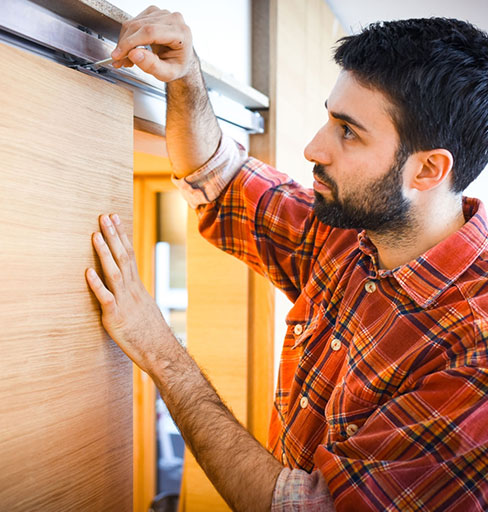
Why Choose Us?
Your Local Garage Door Specialists
Serving Tracy and Surrounding Areas
With years of experience in the garage door industry, AAA Garage Door Repair Technicians of Tracy is dedicated to providing top-notch service to our neighbors. We understand the importance of a functional garage door for your home’s security and convenience.
Frequently Asked Questions about AAA Garage Door Repair Technicians of Tracy
AAA Garage Door Repair Technicians of Tracy offers a comprehensive range of garage door services including installation, repair, maintenance, and replacement. We specialize in both residential and commercial garage door systems, ensuring your doors operate smoothly and safely.
We pride ourselves on our prompt response times. AAA Garage Door Repair Technicians of Tracy offers same-day service for most emergency garage door repairs. Our team is available 24/7 to handle urgent issues, ensuring your garage door is functioning properly as soon as possible.
AAA Garage Door Repair Technicians of Tracy proudly serves all neighborhoods within Tracy, CA, as well as surrounding areas. Whether you're located in the city center or the outskirts, our team is ready to assist you with all your garage door needs.
The cost of a garage door repair can vary based on the extent of the damage and the required parts. However, AAA Garage Door Repair Technicians of Tracy offers competitive pricing and free estimates to ensure transparency. Contact us for a detailed quote tailored to your specific needs.
Regular maintenance is key to prolonging the life of your garage door. We recommend lubricating all moving parts every six months, checking the balance of the door, inspecting the weather seal, and testing the auto-reverse safety features. AAA Garage Door Repair Technicians of Tracy offers maintenance services to ensure these tasks are performed correctly.
Absolutely. Our skilled technicians are experienced in troubleshooting and repairing all types of garage door openers. Whether it's a problem with the remote control, sensors, or the motor itself, AAA Garage Door Repair Technicians of Tracy can diagnose and fix the issue efficiently.
Yes, all services provided by AAA Garage Door Repair Technicians of Tracy are fully insured and come with a satisfaction guarantee. We stand by the quality of our work and ensure that each repair or installation meets the highest industry standards.
Scheduling an appointment is easy! You can reach us via phone or through our website contact form. Our friendly staff will assist you in setting up a convenient time for our technicians to visit your location for any garage door service you require.
Our Services Include:
From repairs to installations, we handle all your garage door needs with expertise and care.

Garage Door Installation
AAA Garage Door Repair Technicians of Tracy offers professional garage door installation services in Tracy. Our expert team ensures seamless installation of all types of garage doors, enhancing the aesthetics and security of your home.
Read More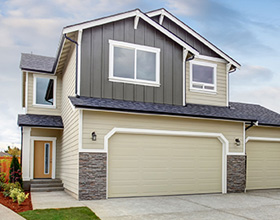
Garage Door Repair
For reliable garage door repair services in Tracy, trust AAA Garage Door Repair Technicians of Tracy. We specialize in fixing broken springs, cables, and openers, ensuring your garage door functions smoothly and safely.
Read More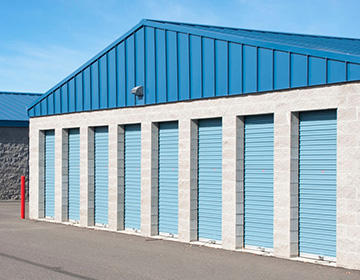
Emergency Garage Door Service
AAA Garage Door Repair Technicians of Tracy provides 24/7 emergency garage door services in Tracy. Our prompt response team is ready to tackle any urgent repairs, ensuring your garage door is back in operation quickly.
Read More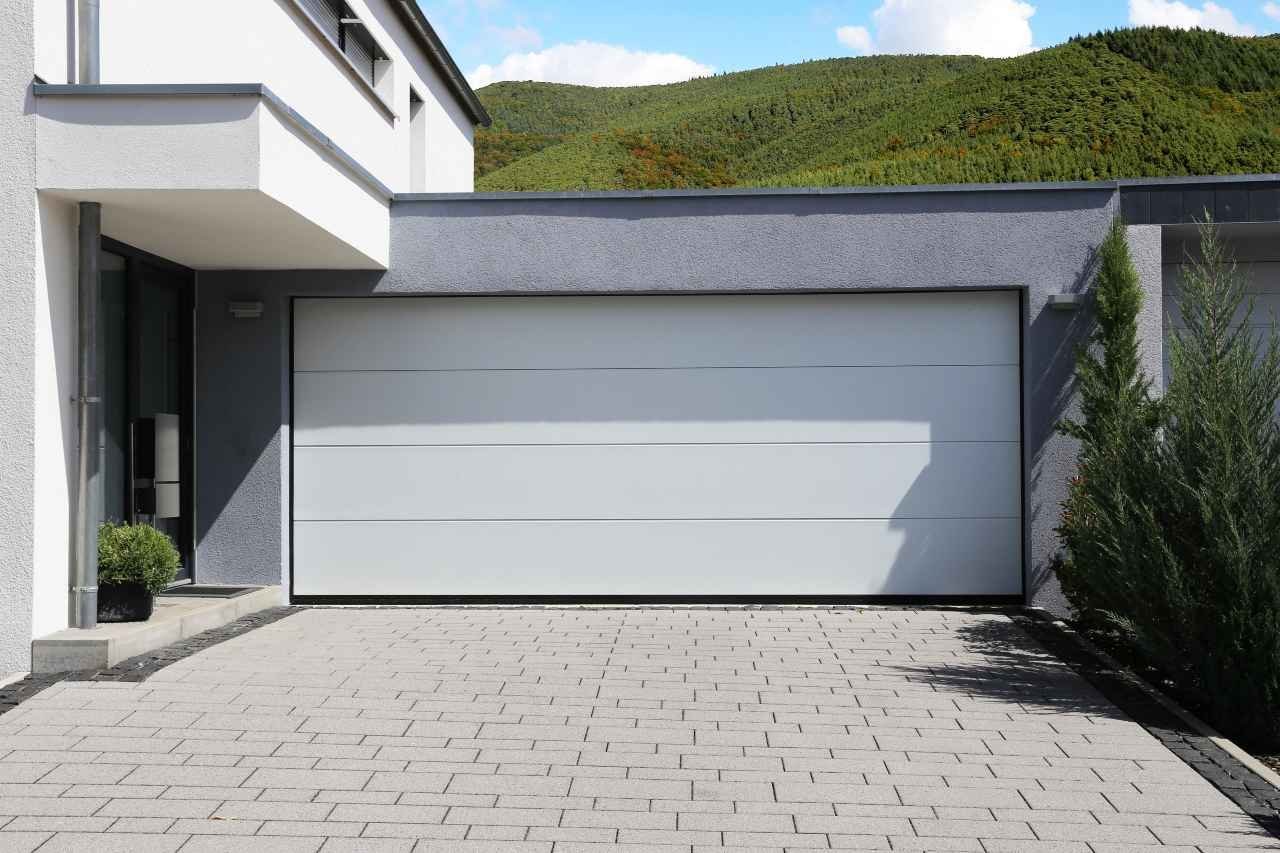
Garage Door Maintenance
Regular maintenance by AAA Garage Door Repair Technicians of Tracy keeps your garage door in optimal condition. Our Tracy-based team conducts thorough inspections and tune-ups to prevent future issues and extend the lifespan of your garage door.
Read More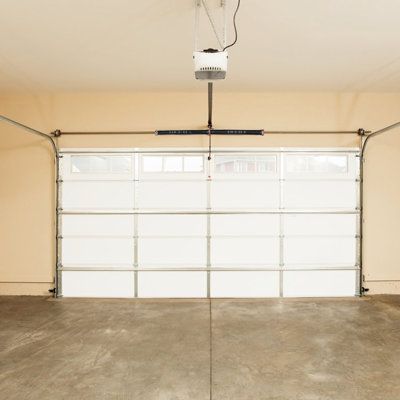
Garage Door Opener Repair and Installation
Ensure your garage door opener is working efficiently with services from AAA Garage Door Repair Technicians of Tracy. We offer repair and installation of all major brands, providing reliable solutions for residents in Tracy.
Read More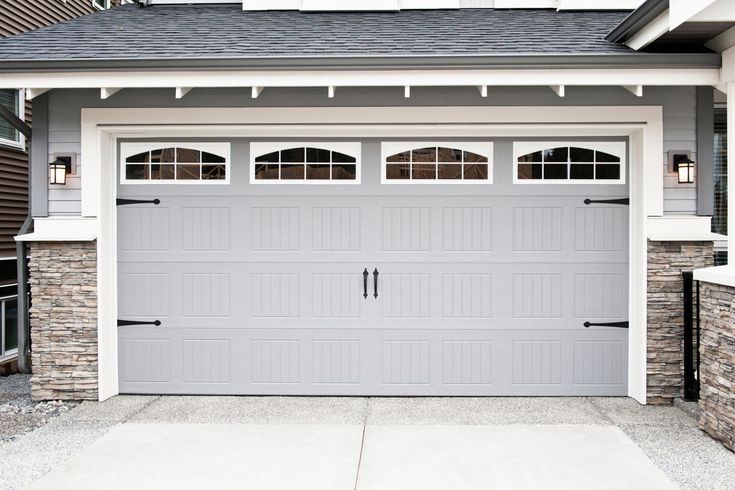
Custom Garage Door Solutions
AAA Garage Door Repair Technicians of Tracy specializes in custom garage door solutions tailored to your needs. Serving the Tracy area, we design and install doors that perfectly match your home's style and functionality requirements.
Read MoreWant Your Garage Door Repair or Installation? We're Ready To Start! Call Us Today +12094407940 or Request a FREE Quote
260
Garage Doors Repaired
260
Garage Doors Repaired
260
Garage Doors Repaired
260
Garage Doors Repaired
Find Us in Tracy
Visit Us or Call Today!
Conveniently located in the heart of Tracy, we are just a call away for all your garage door needs.
Schedule a service Request
Find a service near you




